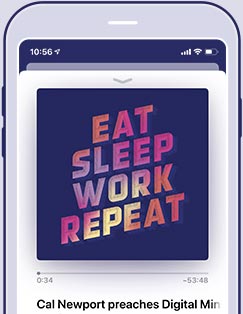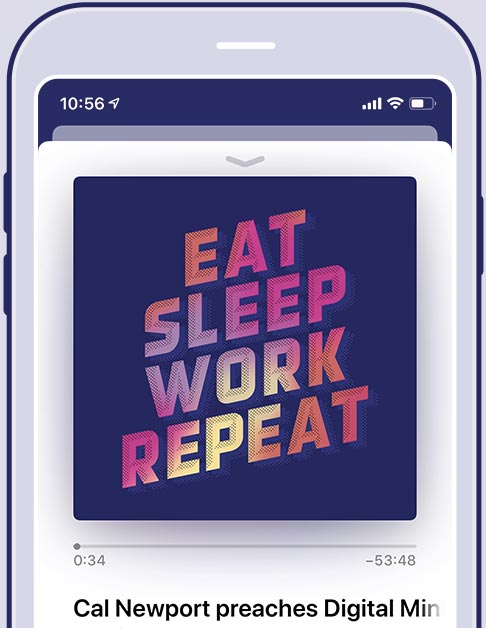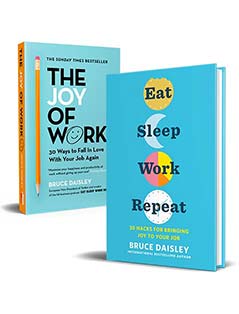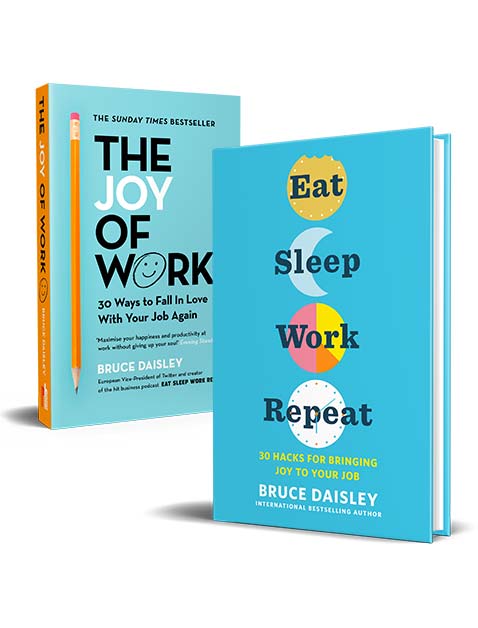Whiteboarding the New Rules
Last week’s post was all about the end of office culture (whether we want it or not). After it went out I chatted to a good friend of mine, he said that his company employed somewhere between 1200 and 1500 people in a city centre location producing daily media content. “We have produced the same high quality of product with 30 people in the office for the last 8 weeks. People are mad if they think that the old way is going to become the norm again”. This is the reality. There was an article in the Guardian this week saying office culture won’t go away. I get it. Some of us want the old world to come back, but a combination of the time till a vaccine, the impact of workplace social distancing and the fact that we’ve shown that change is possible means it simply won’t return in the old form.
This Medium post – on the same subject – is enough to end the debate. It’s magnificent. Hard to leave with any doubt that things aren’t going to be the same again. This is obviously consequential. When Glassdoor ask the elements of a job that most appeal to candidates workplace culture comes top, higher than leadership, pay, career development and work-life balance.
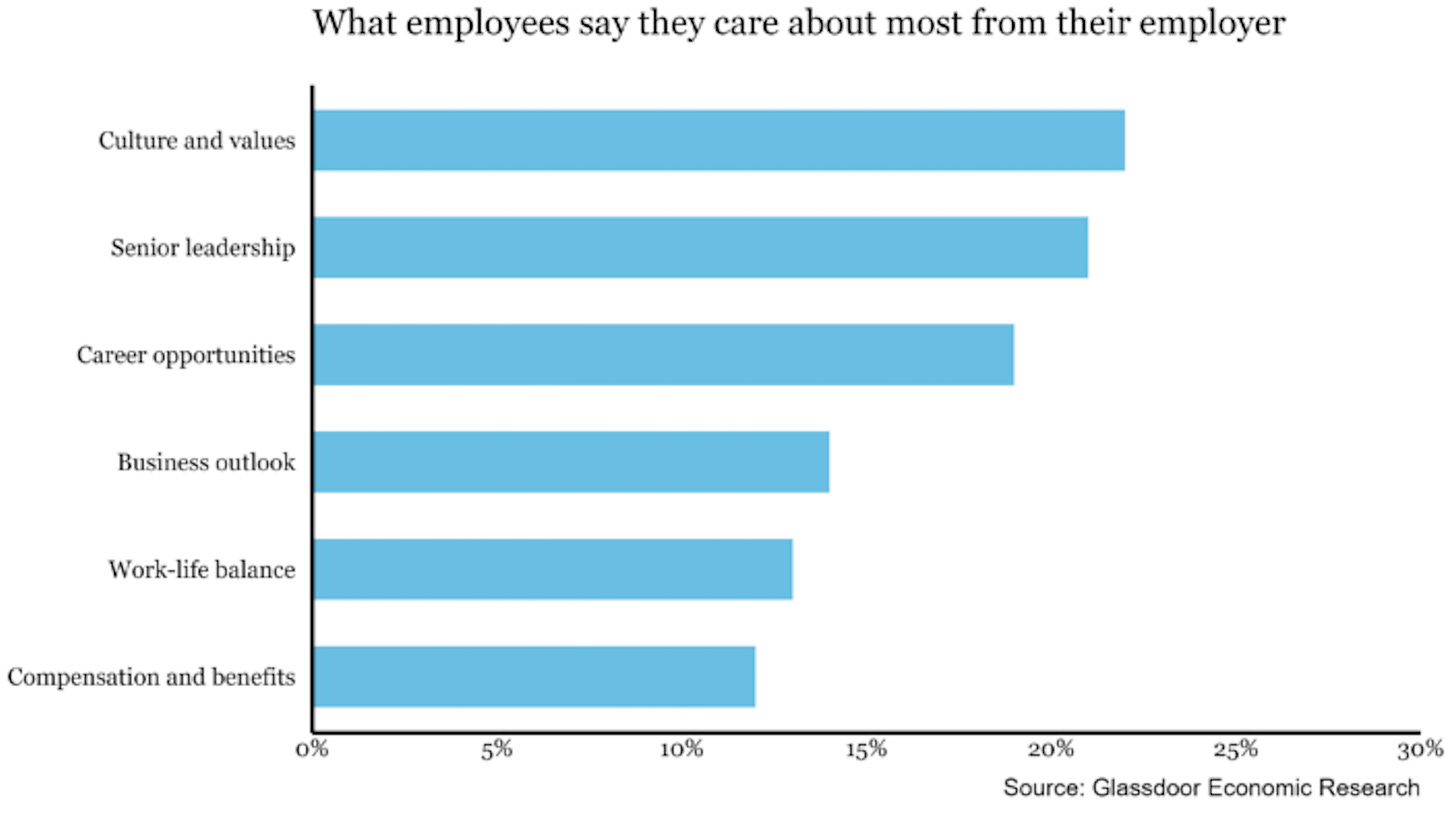
If you and your team are charged with trying to invent New Work right now here are some of the things you might want to start by checking off.
Some early considerations for inventing New Work: (for each of these I’ve given some notes, and I’ll discuss how you can set about implementing them below)
- make teams smaller
- rethink big presentations
- shape the ‘experience’ of work
- let reform come from the bottom
- Make teams smaller. It may have made sense to have a team of 20 or 30 people when you were in the office all of the time but in New Work small = effective. Zoom calls are most efficient when there are 6 of you, not if there are 60 of you. Can you reorg to make groups smaller? Bob Sutton, workplace supremo, says the norm should be 7 plus or minus 2. Teams have more zing when they feel they know all of the people on a project with them are aligned. You don’t need a book pitch but there’s LOTS on this in The Joy Of Work (Eat Sleep Work Repeat in the US) and also in books like Jeff Sutherland’s Scrum . Bigger teams mean bigger calls and more relationships to maintain.
- Rethink what big presentations/conferences look like. Marcus John Henry Brown has done two interesting provocations this month on the mistakes we’re making with preparing presentations for New Work. He suggests (1) we should make keynotes look a whole lot more visually interesting (2) and we should pre-record them. It’s remarkable that we seem to date to be ignoring all of the lessons of YouTubers. Droning from a small window on a 13” screen is a very dull consumption experience, hence why digital creators started to modify their vocal tones and edits to make straight-to-camera narrations more interesting to consume. As ever the best advice is to watch some of the experts, search out big YouTubers and look at their style (spoiler: they accentuate the drama to make you connect through a screen – whatever you think is appropriate, dial it up some more). Of course the big consequence of prerecording big presentations is that they can become asynchronous – not everyone needs to be watching at the same time.In The Power of Moments the Heath brothers talk a lot about how our life experiences are vividly shaped by high points. Anyone who found themselves wondering what the heck happened to April might recognise this. I’ve heard of teams running quizzes but thinking about big moments of connection will be increasingly important. The founder of Automatic, a totally remote company, describes how normally they get their team together for 4 energy charged weeks during the course of a year.
- Shape the ‘experience’ of work: the biggest thing that many of us will invisibly lose from our working lives by shifting to remote working is human connection. Specifically the sound of work, the laughter, the chatter. That might feel like an odd thing to say but I’d be interested to hear whether you feel you’ve laughed more or less over the last few weeks. I chatted to my former colleague, Dara Nasr from Twitter. He told me that his team has adapted a number of routines to improve the experience of work – and by the way maintain a positive experience of the team. They’ve shortened every internal meeting to 30 minutes, they’ve made meetings more fun (he said the chat box at the side of meetings has a hectic subversive discussion going on during their Monday morning team meeting), they’ve also added a Friday 10.30am team check-in which is largely just filled with stories of the week and laughter. Why does this matter you might ask? The world’s leading expert on laughter, the late great Robert Provine, spoke a lot about how laughter was like a human birdsong, signalling togetherness. When teams laugh together it forges a cohesion between members. It also has a significant impact in terms of making us more resilient – as combat soldiers and firefighters alike will testify. More on laughter & teams: listen // listen // read // read
- Let reform come from the bottom. The holy grail of workplace cultures is psychological safety – being able to candidly communicate our genuine thoughts and feelings without fear of judgment. Bosses’ perspective of psychological safety is a bit like Bruce Willis in the Sixth Sense, they often don’t know what everyone else knows. The best way to make the new norms stick is ask teams to come up with suggestions, to test them and share back with other people. Encourage them to try things like Silent Meetings or Magic Time (time on the calendar to work together but no agenda). McKinsey published a post this week that celebrates something similiar:
“As companies adopt new ways of working at speed and at scale, three lessons are emerging: a vindication for flatter, faster, nonhierarchical structures and approaches; the need to turbocharge decision making; and a reminder of the role of talent in making everything go”. (read the post)
The critical thing about these elements is that if we treat the situation we’re currently in as a hiatus then we won’t tackle these things with urgency. Change that mindset and you realise ‘we’re already behind’.
Please let me know if your work has done something brilliant to reinvent your culture, either reply to this email or get me here.
Culture reads:
- Google has scaled back its diversity programs to avoid inflaming the right wing media/government
- Too many video calls is turning us into Zoombies…
- … and it’s because all of the body language cues we’re learned don’t work when we’re staring at screen
- Lucy Kellaway, who was a long-term correspondent about the office for the FT, has written something of an elegy to it
- Software used to monitor the internet usage of bankers might be coming to a laptop near you
- Being ‘fun to be with’ is missing from the textbook traits we’re meant to look for but it seems to be something we value from childhood – having fun colleagues is going to continue to be a vital consideration for great teams
- If you’re worried about the state of the world after this, here’s some inspiration about how cheap solar power is becoming. The UAE project mentioned is set to produce power for 1.3¢ per kWh, coal in the US is the cheapest energy at 13¢ per kWh. Climate change is solvable, we just need a plan
- Resources: if you use Twitter this list of workplace culture experts is a fantastic way to say ahead of the conversation. Top tip: If you subscribe to lists you can swipe between them on your home timeline by the way



